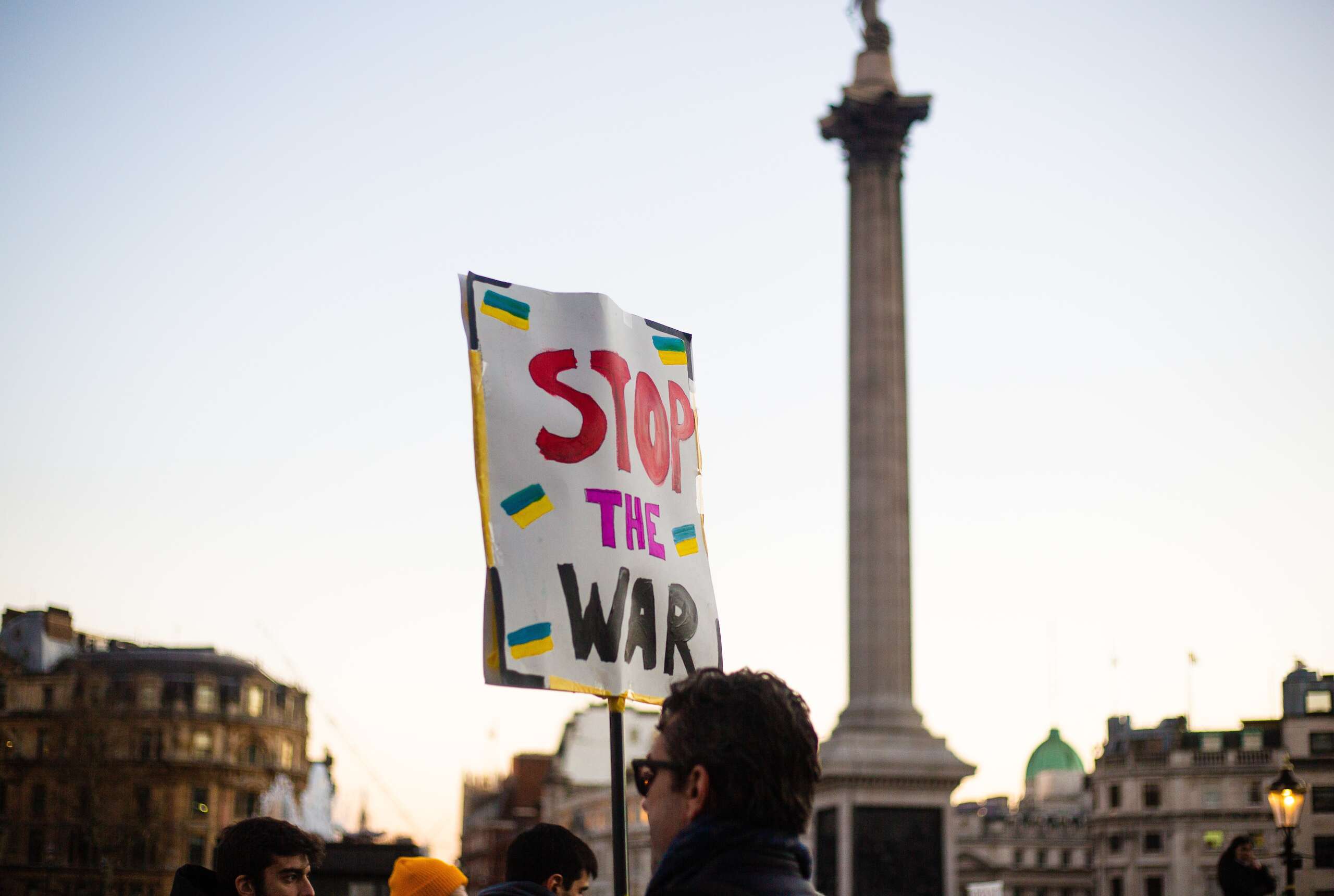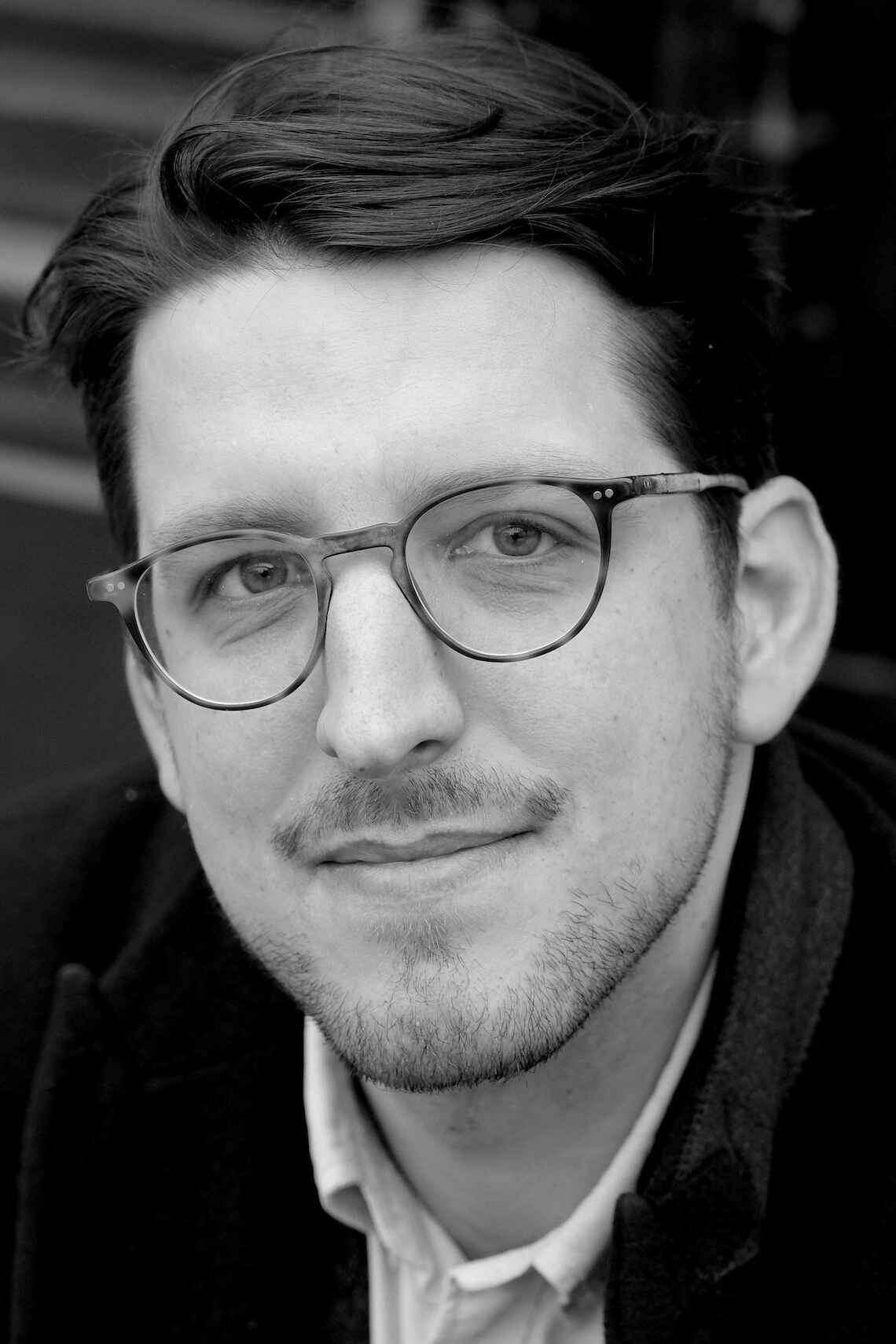
Foto: Unsplash/Karollyne Hubert
When History Converges, Europe Emerges
Russia’s invasion of Ukraine is invalidating historical concepts that informed Germany’s and France’s Russia policy over a long time. Europeans’ historic views on Russia, previously very dissimilar, are converging.
By Joseph de Weck, Greenmantle, Paris
Russian President Vladimir Putin’s decision to invade Ukraine is precisely the kind of event that both creates new history and that buries the powerful concepts that we had drawn from history and that had long determined how we think about and conduct politics. This is especially true for Germany and France, the European Union’s two major foreign policy powers, who set the tone for policy towards Russia for the continent as a whole.
End of the road for Ostpolitik
In Germany, Ostpolitik – the longstanding idea that a non-democratic Russia can be tamed through dialogue and the creation of economic interdependencies – has now died. Initiated by the first Social Democrat Chancellor Willy Brandt (1969–74), Germans and in particular the country’s left-wing had since celebrated Ostpolitik as a success. They argue that it allowed for détente in the Cold War; some even suggest it was the basis for the Soviet Union’s peaceful collapse.
The Ostpolitik paradigm was enthusiastically revived by Chancellor Gerhard Schröder (1999–2005), who deepened Russian-German energy cooperation, and continued by Angela Merkel (2005–2021). Merkel persevered despite fierce opposition from the EU’s Eastern members, who consistently warned the bloc of Russia’s neoimperialism; and despite Putin translating his revisionist ambitions increasingly into aggressive actions over the past 10 years. Even as recently as 3 months ago, as Russia amassed its army on the Ukrainian border, Olaf Scholz set out Ostpolitik as a guiding principle in his first address to the Bundestag. With Putin’s invasion of Ukraine, this policy of engagement has hit a wall. Ostpolitik may have had its merits when Germany was engaging with the Soviet Union, where after Stalin there was some form of collective leadership. But it doesn’t work with Putin’s Russia, where political power is completely centralized and the president is motivated by historic revisionism. But beyond the difference in Russia’s power structures since the times of the USSR, it is also clear that German public discourse, and in particular left-wing parties and the business community, overstated how effective Ostpolitik has really been. Sure enough, it was very convenient. Politically, it chimed perfectly with the Social Democrats’ pacifist wing and anti-American reflexes. Economically, it legitimized the Wandel durch Handel (change through trade) doctrine, which came in handy for Germany’s export-oriented businesses.
With Putin’s invasion, Germany has discovered that it is not just Germans that have a say on whether there is “nie mehr Krieg” (Never again war).
This has been a brutal shock. And like public opinion on nuclear energy after Fukushima, the views of Germans on Russia and defense have shifted radically within days. Upping deterrence and energy independence is now the imperative instead of practicing diplomacy and relying on Russian gas. Ostpolitik and Wandel durch Handel, Germany’s guiding Russia and foreign policy principles of the past decades, are, all of a sudden, history.
French wishful thinking
For France, Russia’s aggression necessitates less of a policy adjustment compared to Germany but an equally big change in its perception of Russia. Modern France’s foreign-policy imperative is not “never again war”, but “never again defenseless.” This stance was motivated by repeated German invasions and by the U.S.’s initial hesitation in intervening in both world wars. Building strong military deterrence, while ensuring independence in strategic sectors, such as energy, was considered key. Paris never believed in Wandel durch Handel and in the normative power of economic interdependence. Its stance is vindicated today.
But Putin’s invasion nonetheless exposes how France’s Russia policy has been guided by wishful thinking and false perceptions of the country. Gaullist France traditionally flirted with Russia. After decolonization, Charles de Gaulle wanted to reimagine France as an independent geopolitical power, removed from the Cold War schism. “Having given independence to our colonies, we have to retake our own independence,” de Gaulle famously said in 1963. This meant reducing security dependence on the U.S. by building a French nuclear deterrent and maintaining a comparably large military.
But it also meant seeking détente with Moscow. Already before Bonn, Paris embarked on an Ostpolitik avant la lettre. In 1966, De Gaulle travelled from Kiev to Novosibirsk, telling roaring crowds: “Soviets and French, we can shake hands!” De Gaulle hoped to build a European security order stretching from the Atlantic to the Pacific. Only with peace on the continent could France and Europe one day wean themselves off dependence on Washington. Most French presidents followed
De Gaulle’s détente imperative. In doing so, Paris was willing to give anyone in power in Moscow the benefit of the doubt. Even as recently as 2019, President Emmanuel Macron sought a dialogue with Putin to build a new security order from “Lisbon to Vladivostok” and said “Who is NATO’s enemy? It is not Russia anymore.” Like German Ostpolitik, France’s policy of détente and grand visions on European security beyond the U.S. and NATO led Paris towards wishful thinking rather than a sober analysis of Russian politics.
Setback for Russia apologists
But French political elites’ affinity with Russia also has a more romantic, darker background. There is mutual admiration of each other’s writers and composers, and the particular importance both France and Russia attach to culture. There is the intuitive proximity of thought between the two highly centralized states that never believed in the “end of history” and the triumph of the American world order, and that are both struggling to digest the demise of their potency on the global stage. And there is the French idea of Russia as a white Christian country, untouched by progressive identity politics and guided authoritatively by a “strong leader” – a sort of reactionary La La Land. This resonates with France’s pétainist voter group, who like to think of France as a Christian nation rather than a secular republic, and that now primarily support the far-right presidential candidate Éric Zemmour. But proximity to Putin is seriously hurting the French far right in the presidential elections. This all the more because Russia admiration is rather an elite phenomenon in France. Even before the war, only 17% of the French considered Russia an ally compared to 73% for Germany, polls show.
Converging histories
Putin’s aggression is invalidating historical concepts that have long informed Germany’s and France’s Russia policy. The invasion has instead vindicated the central and eastern EU members. For the first time since the end of the Cold War, Europeans now have a common perception of the most important geopolitical power in their neighborhood – and, unlike before, all see it unequivocally as a threat. For all the tragedy it has wrought, Putin’s war is enabling Europeans’ previously starkly disparate historical views on Russia to converge. It is this sudden, forced alignment that has allowed the EU to swiftly adopt tough sanctions against Moscow, and to send arms and economic support to Kiev. In the short-term, the EU’s response has the potential to influence the war’s outcome – particularly if further action will be adopted. But even after the war is over, it will also be these actions that will form the basis of a new, and this time EU-wide, historical understanding of Russia. A precondition for Europe to become an effective defense player alongside NATO.

About Joseph de Weck
Joseph de Weck is the the author of “Emmanuel Macron: Der revolutionäre Präsident” (2021), a German-language essay on Macron’s France. Joseph writes a column on French foreign policy for the German foreign affairs magazine Internationale Politik Quarterly and is a European Security Initiative Fellow with the Foreign Policy Research Institute. Joseph is the Paris-based Europe director at Greenmantle, a macroeconomic and geopolitical risk consultancy.
He holds a BSc from the London School of Economics and a MA from Sciences Po Paris and the University of St Gallen